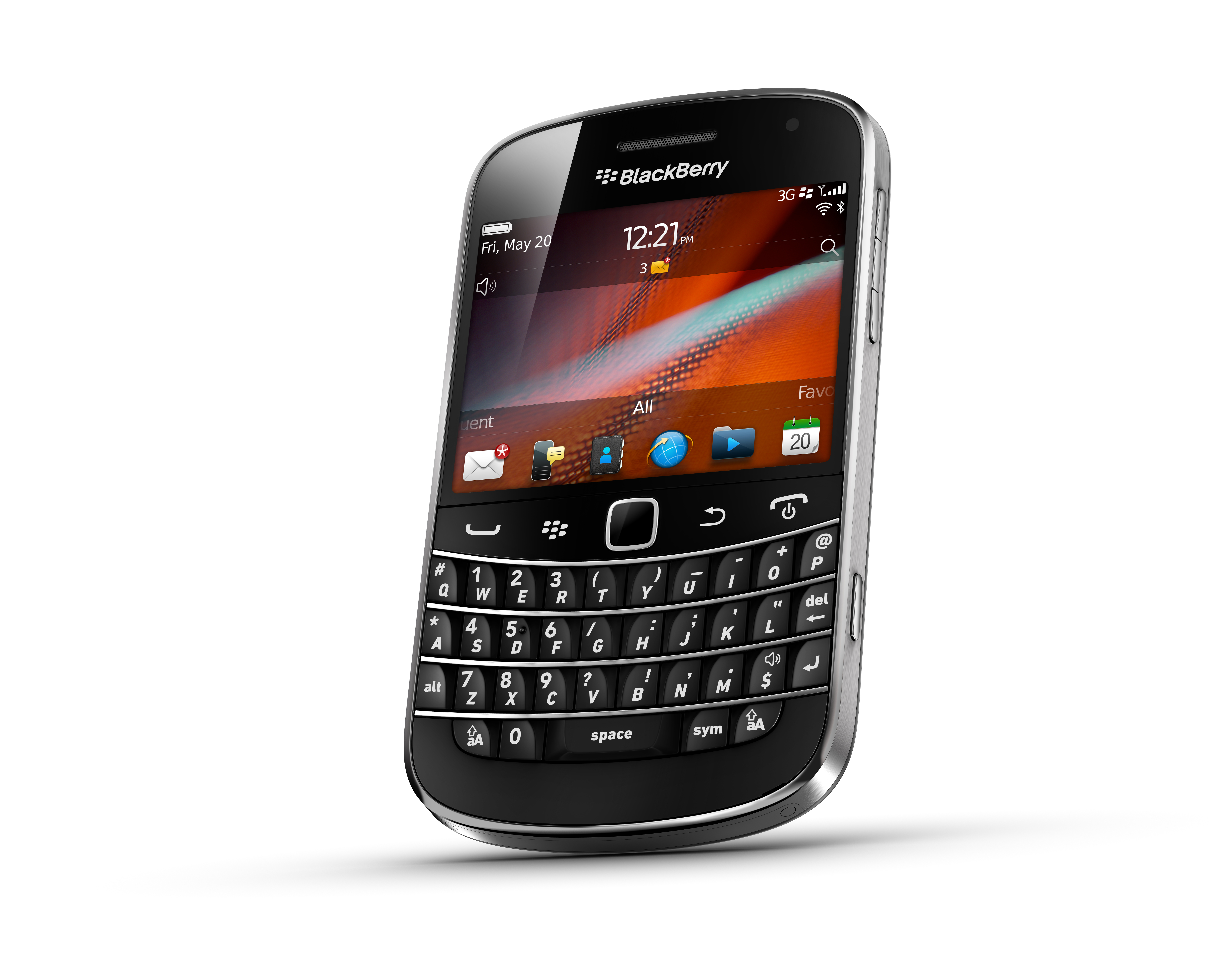Riots? Don't blame BlackBerrys
Social networks can be a powerful force for good

Sign up for breaking news, reviews, opinion, top tech deals, and more.
You are now subscribed
Your newsletter sign-up was successful
With London burning and the violence spreading to other cities, the hunt for someone or something to blame has already begun.
According to some parts of the media, the trouble wasn't spreading because of the close-ups of burning buildings shown continuously on the news channels. No. It was spreading because of tech.
The Evening Standard blamed videogames - "These are bad people who did this," one police officer told the paper. "Kids out of control. When I was young it was all Pacman and board games. Now they're playing Grand Theft Auto and want to live it for themselves" - while more sober newspapers pointed the finger at Facebook, Twitter and RIM's BlackBerry.
We can treat the videogames link with the contempt it deserves, but social networking's role in the riots can't be dismissed so easily.
There's no doubt that some people used social networking and BBM to co-ordinate protests - the Telegraph reports West Midlands Police's concerns about "unsubstantiated messages on Twitter, Facebook and BBM" promising disorder in Birmingham - and I'm sure the odd armchair anarchist did some cheerleading too. But technology wasn't a catalyst here.
Networks are neutral
People riot for many reasons: anger, opportunism, disinhibition, thrill-seeking... it's a long list, and "because somebody told me to on BBM" is towards the bottom of that list.
Of course some rioters and looters used their phones to co-ordinate things. It'd be a shock if they didn't, because smartphones are what kids use to communicate with each other. Previous trouble has been arranged with the help of SMS texts. Before that, phones. Before that, leaflets.
Sign up for breaking news, reviews, opinion, top tech deals, and more.
Like any technology, social networks are neutral: they're only as good as or as bad as the people using them. And in most cases, what I saw on the social networks last night and this morning was positive. People were using social networking not to cause trouble, but to avoid it - and in some cases, to try to prevent it.
They debunked rumours, corrected misinformation and highlighted the idiots and organisations trying to twist the news to fit particular agendas. They shared details of where trouble was already happening and where it appeared to be brewing. They passed on travel advice to strangers and checked in on friends, and this morning they're using the #riotcleanup hashtag to band together and help clean up the aftermath. They're not throwing bricks. They're bringing bin bags and brooms.

Contributor
Writer, broadcaster, musician and kitchen gadget obsessive Carrie Marshall has been writing about tech since 1998, contributing sage advice and odd opinions to all kinds of magazines and websites as well as writing more than twenty books. Her latest, a love letter to music titled Small Town Joy, is on sale now. She is the singer in spectacularly obscure Glaswegian rock band Unquiet Mind.